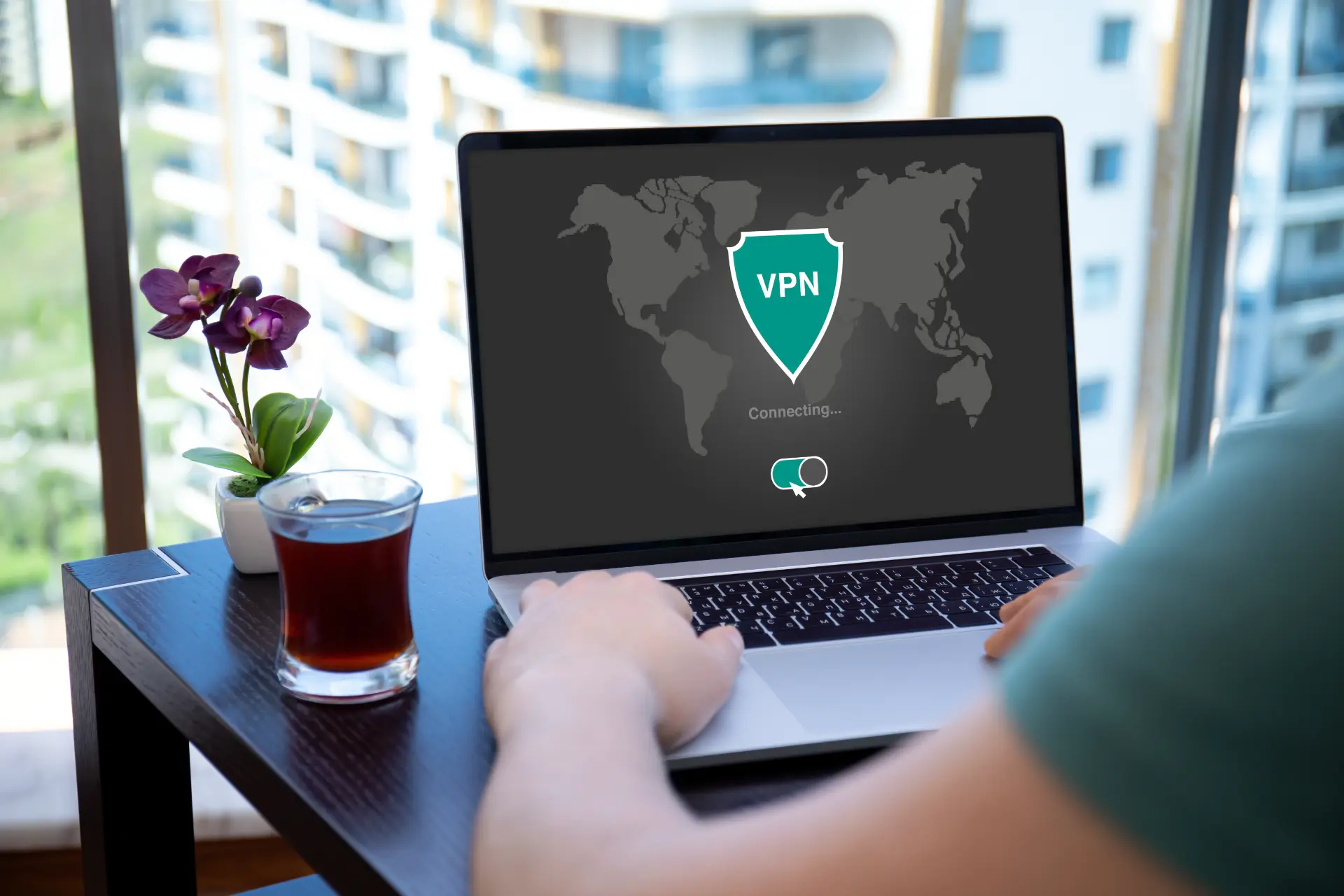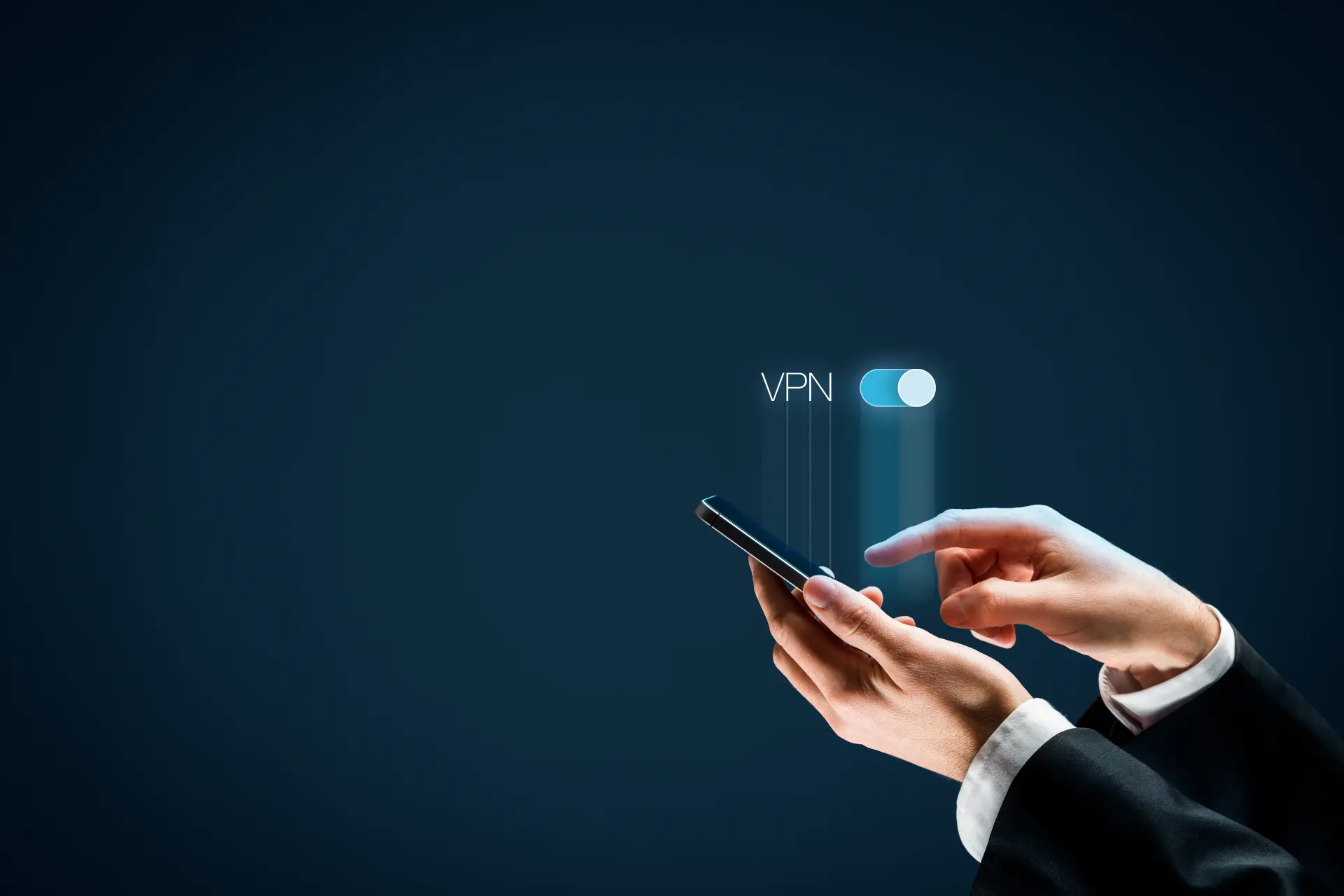Table of contents
- The main threats to remote work
- Human errors and risk factors in remote work
- Protection measures for effective cyber security
- The responsibility of companies in corporate cyber security
In recent years, remote work has become an integral part of many companies’ work strategies, transforming the way employees perform their daily tasks.
This new way of working, known as smart working, offers greater flexibility but also introduces new challenges in the field of cyber security.
With the rise of remote work, organizations must tackle critical cyber security issues for smart working.
Many threats to corporate information security arise from employees working on home networks or using personal devices that are not always adequately protected.
In this context, it is essential for companies to implement effective cyber security strategies to safeguard their corporate data and maintain the required level of protection.
The main threats to remote work
One of the first cyber security issues related to smart working concerns the use of employees’ home networks as access points to corporate resources.
Unlike corporate networks, home networks often lack advanced protection systems such as firewalls and constantly updated antivirus software.
As a result, most cyberattacks occur through unprotected networks, posing a serious risk to corporate data security.
In addition to networks, the use of personal or shared devices increases the likelihood of vulnerabilities. Corporate devices are generally protected by strict security policies, whereas personal ones often lack such safeguards.
This opens the door to cyberattacks like phishing and malware, which exploit cyber security for smart working as a weak point.
Human errors and risk factors in remote work
Another critical factor is human error. In remote work, employees often access external websites or download files from unsafe sources, increasing the risk of exposure to cyber threats.
Additionally, the use of weak passwords or reusing them across multiple accounts poses a serious danger to corporate cyber security.
According to research on smart working conducted by the Politecnico di Milano, the habits of remote workers often make it difficult to maintain the required security levels, as employees do not always follow cyber security best practices.
Companies must therefore adopt tools and awareness policies to reduce human error.
Training courses and interactive workshops that educate employees about the importance of information security are essential to ensure that staff are informed about potential risks and the tools needed to prevent them.

Protection measures for effective cyber security
To ensure effective cyber security for smart working, companies must consider some fundamental measures.
First and foremost, it is important to implement VPNs (Virtual Private Networks), which allow employees to securely access corporate networks even when working from home.
A VPN encrypts transmitted data, making it difficult for hackers to intercept sensitive corporate information.
Another crucial aspect involves two-factor authentication (2FA). This system adds an extra layer of protection by requiring a second access code in addition to the password.
Even if a hacker manages to obtain an employee’s password, they would not be able to access corporate resources without the additional code.
Additionally, the use of Mobile Device Management (MDM) software can help companies control and monitor devices used for remote work.
With MDM, companies can block or erase data in case of device loss or theft, limiting the damage of a potential cyberattack.
The responsibility of companies in corporate cyber security
Companies must be aware that cyber security for smart working requires a proactive approach and continuous investment.
Corporate cyber security cannot be guaranteed solely through technology: companies must foster a security culture among their employees.
This means raising awareness about the importance of data protection, educating workers on the proper use of corporate devices, and encouraging them to report suspicious activities.
In addition to providing continuous support and training, companies should regularly evaluate their protection systems to identify any weaknesses and update security measures to counter new threats.
Technological evolution happens quickly, and so do hackers’ attack methods. Keeping security systems up to date and educating employees about emerging threats is essential to ensure the protection of corporate data.
In conclusion…
Remote work offers undeniable advantages in terms of flexibility and productivity, but it also presents complex challenges in terms of cyber security.
To ensure corporate information security in smart working, organizations must adopt a combination of technological measures, such as VPNs and two-factor authentication, and targeted training programs for their employees.
The collaboration between technology and human awareness represents the most effective strategy to tackle the threats of remote work and preserve the integrity of corporate data.
Questions and answers
- What are the main cyber security threats in smart working?
The main threats include the use of unprotected home networks, personal devices without adequate safeguards, and human error. - What technological solutions protect remote work?
VPNs, two-factor authentication, and Mobile Device Management (MDM) software are essential tools for protection. - How does human error affect cyber security?
Human error, such as using weak passwords and downloading unsafe files, increases the risk of cyberattacks. - What can companies do to protect their data?
They must adopt advanced protection measures, such as firewalls, VPNs, and provide employee training on cyber security risks. - Why is two-factor authentication important?
It adds an extra layer of security, making it harder for hackers to access without a second code. - What role does training play in cyber security?
Training educates employees about risks and best practices to prevent cyberattacks. - Why are home networks more vulnerable?
They often lack the advanced protections found in corporate networks, such as firewalls and regular updates. - What is Mobile Device Management (MDM) software?
MDM allows companies to monitor and protect corporate devices used by employees for remote work. - Why should companies invest in cyber security?
To prevent data breaches, which could compromise the security of corporate information. - What does the research on smart working from the Politecnico di Milano say?
It emphasizes how remote work habits can affect corporate security, highlighting the need for effective cyber security.

